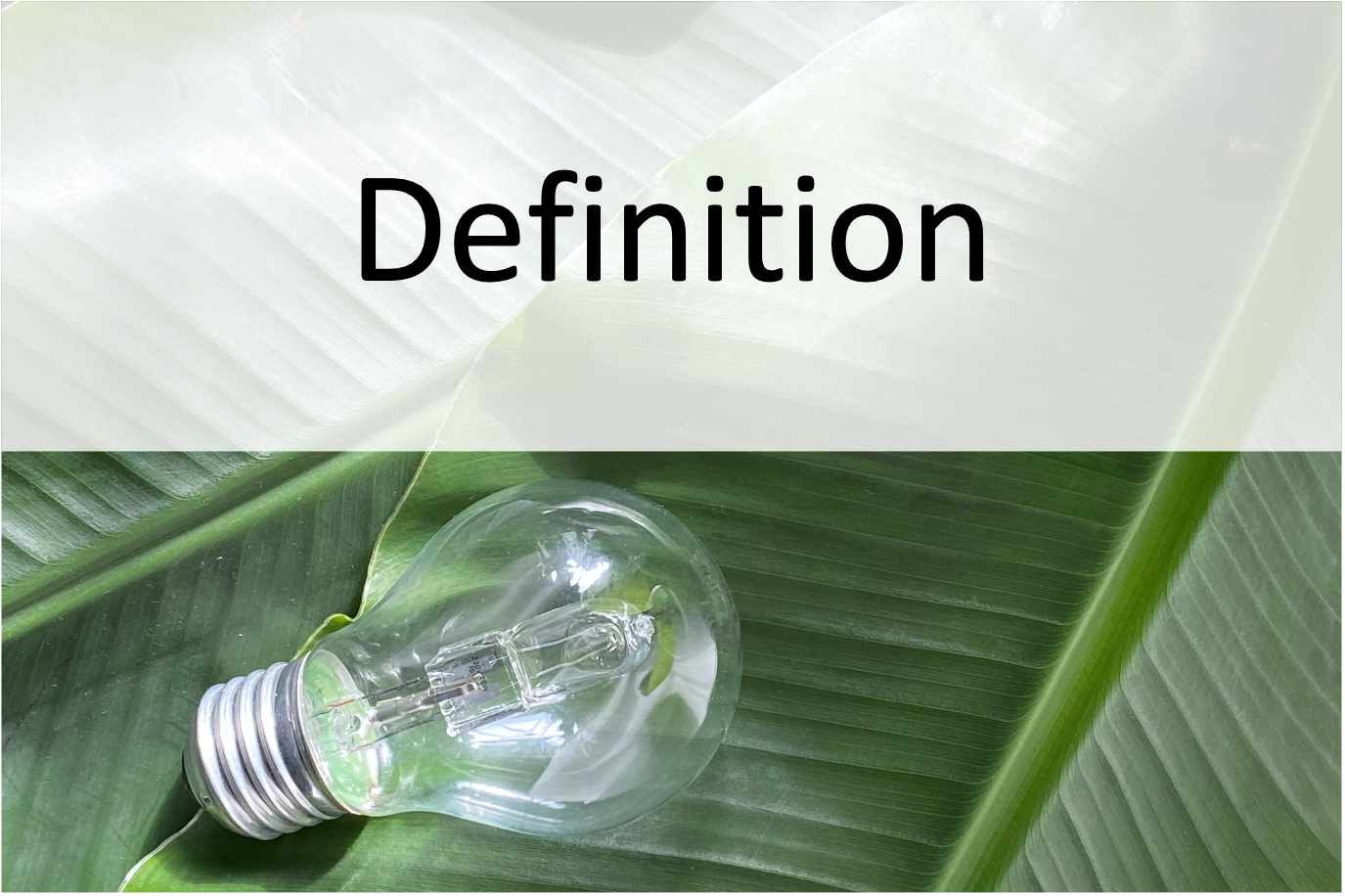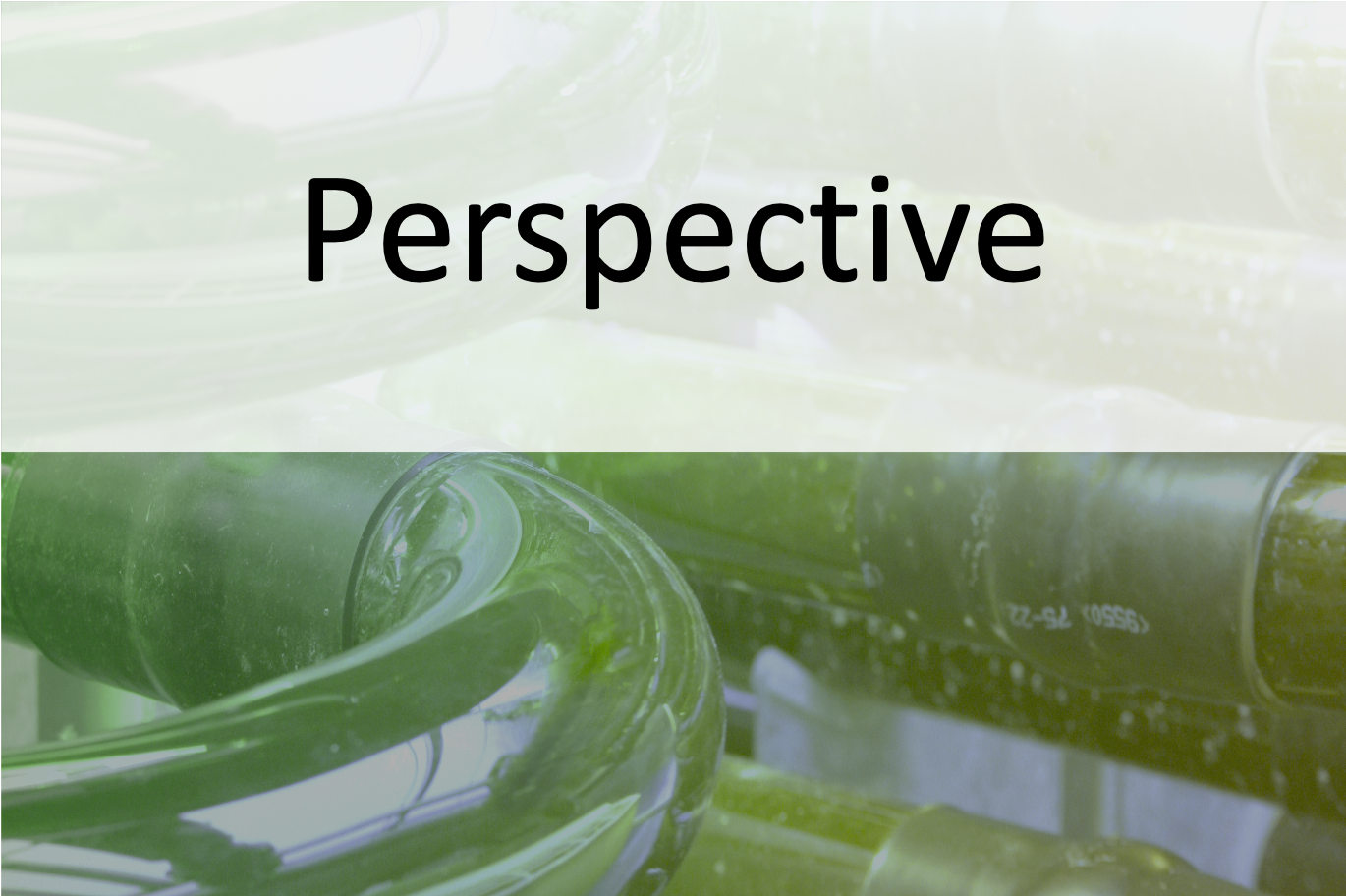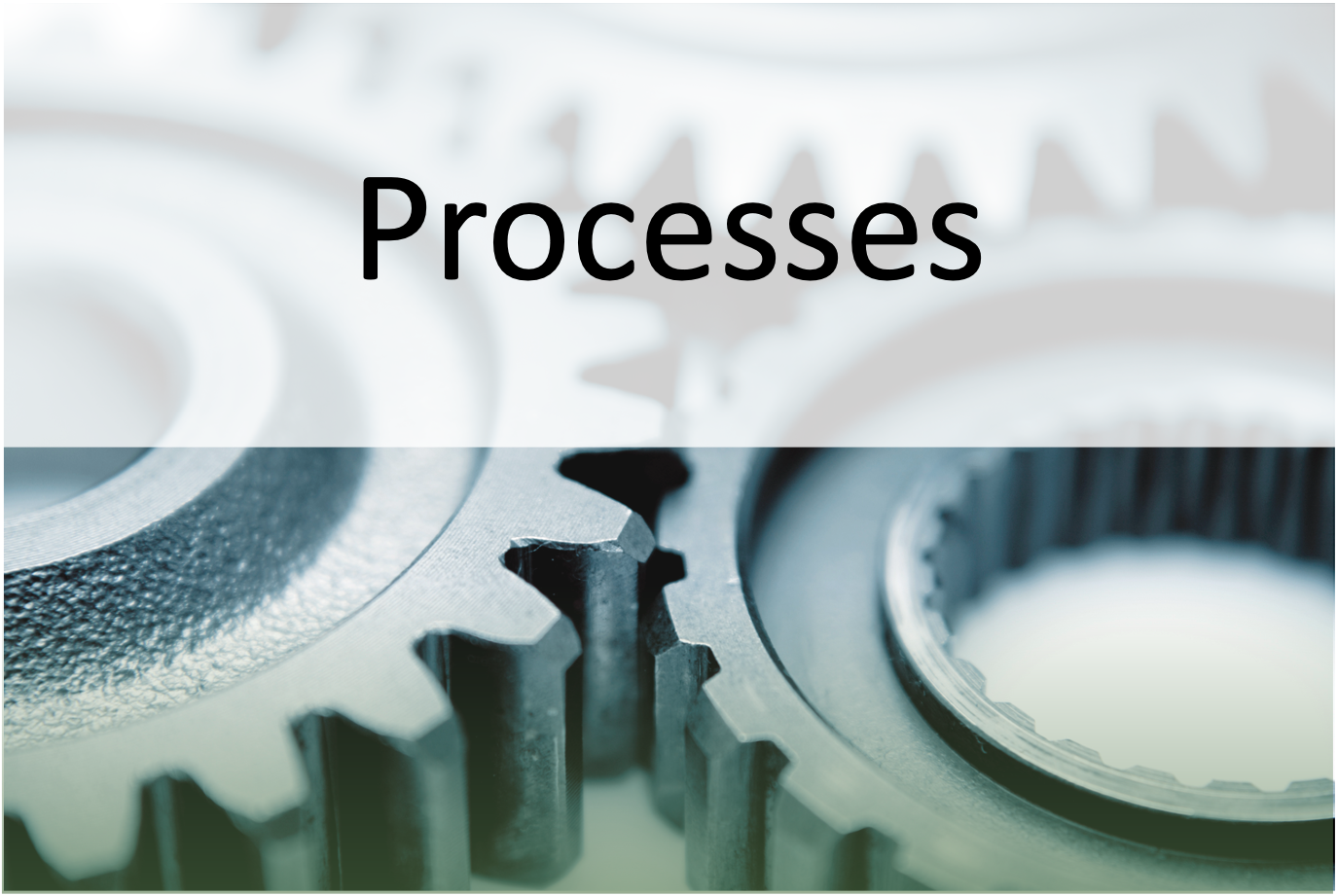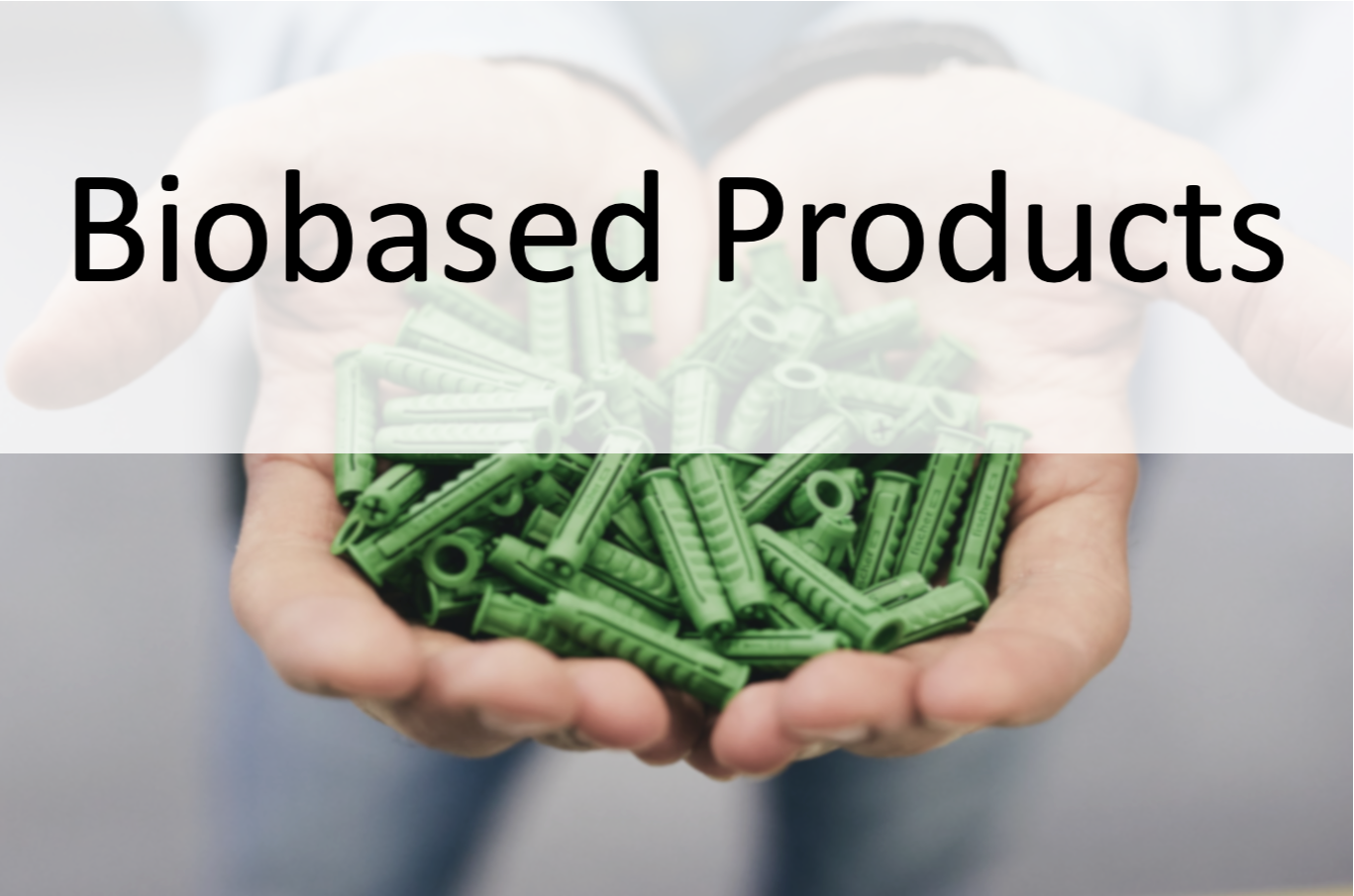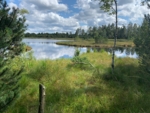Lavender cultivation on the Swabian alb: Essential oil and textiles from plant residues
In Provence, the lavender fields are in full bloom again. This blaze of color may soon also be seen in Baden-Württemberg. In a joint research project, the German Institutes of Textile and Fiber Research Denkendorf (DITF), the University of Hohenheim and the company naturamus are testing suitable lavender varieties and developing energy-efficient methods for producing essential oil from them.

